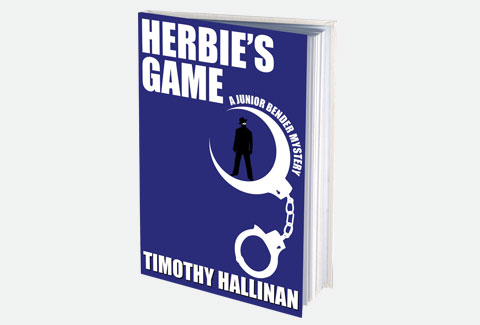
What About Talent?
“Talent is a long patience.”—Gustave Flaubert
For years, I’ve taught a class on finishing the novel. I’ve heard a hundred excuses for quitting, but most of them boil down to this: “I just didn’t have the talent to finish it.”
Here’s the second of several dirty little secrets I’ll share with you.
Talent has almost nothing to do with completing a novel or any other form of writing.
Yes, it’s true that some people are more talented then others. Just as some people can sing on key and some can’t, some writers are simply instinctively better than others, from the time they write their first word. But talent won’t necessarily make them novelists.
Here are three facts about talent:
1. Talent won’t help you to finish: I know lots of talented writers who never finish anything.
2. You may or may not have been blessed with a huge amount of natural talent, but literally everyone’s writing can be improved by work and dedication.
3. A talented writer who doesn’t finish his or her novel is not a novelist.
Will a talented writer who finishes turn out a better book than one with less talent? Possibly.
But can a writer without so much native talent dramatically improve his or her writing? Absolutely. I guarantee that virtually every aspect of your writing— prose style, command of language, dialogue, character creation, you name it—will be much better by the time you finish your book than it was when you began. And you’ll be even better when you finish your second.
If, like so many of us, you’re not sure how much talent you have but you want your writing to improve, here’s what I think you need to do.
1. Write every day (or at least five days a week).
2. Write something that entertains and/or amuses you.
3. Remember to focus on characters before story.
4. Keep writing no matter what kind of trouble you encounter.
5. Finish.
All these points sound ridiculously simple, but they can be painfully difficult in practice. We’re going to discuss all of them in this series—work habits, choice of idea, creating characters, dealing with story problems or blockages, or any of the many other things that can keep you from finishing.
And we’re going to discuss them at some length. You may find yourself skipping big chunks of what I have to say because you personally don’t need it, but then—a little later on—you’ll probably find something that has meaning to you. That’s the way it is in my class, too: All the students need help in different areas, but they all have the same basic problem: they can’t finish, but they all need help in different areas.
So let’s get started …
* * *
Ed. note: This is the fourth post in a series. Check out the Table of Contents to see what’s in store, and be sure to come back next week for a new installment.
Information about Timothy Hallinan’s next book in The Junior Bender series, HERBIE’S GAME, is here.
